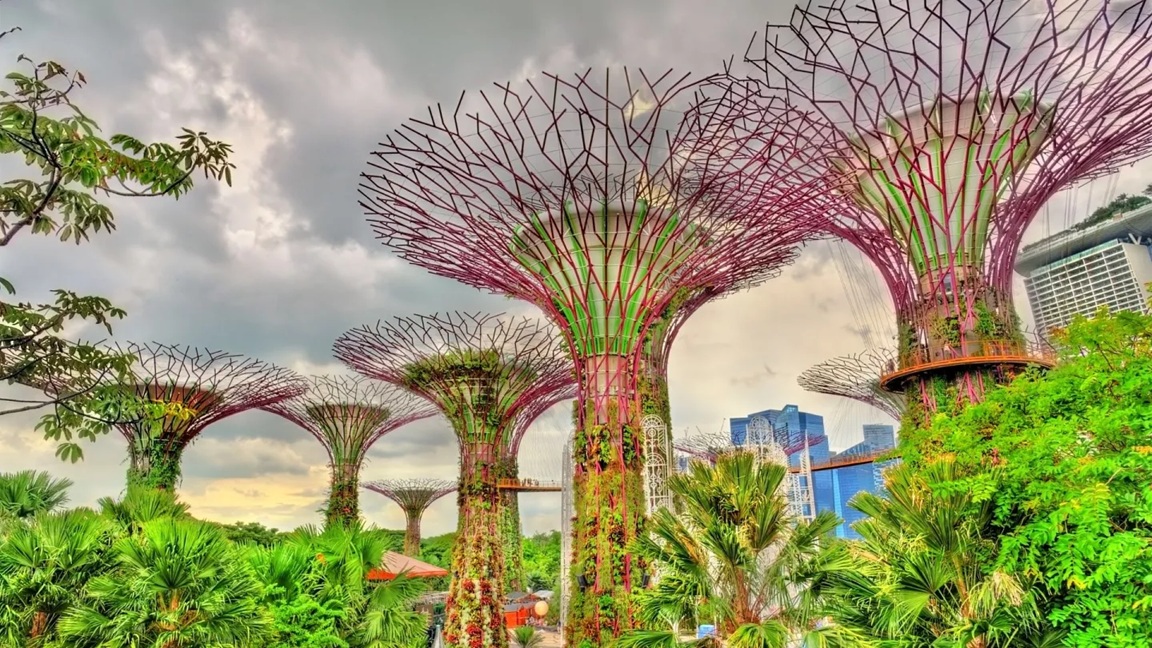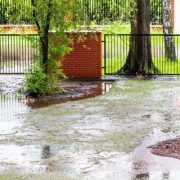A landscape contractor Singapore operates within one of the world’s most sophisticated regulatory frameworks, where the pursuit of becoming a “City in Nature” has transformed not merely how green spaces are maintained, but how entire communities understand their relationship with the built environment. This transformation represents more than aesthetic enhancement—it embodies a fundamental reimagining of urban governance, professional standards, and civic responsibility that ripples through every aspect of metropolitan life.
The evolution of Singapore’s landscaping industry reveals how regulatory systems, when thoughtfully constructed, can generate their own momentum for excellence. What began as basic beautification has matured into a complex ecosystem of professional certification, environmental stewardship, and community welfare that challenges conventional assumptions about service industries.
The Architecture of Professional Standards
Singapore’s Landscape Company Register (LCR) system demonstrates how regulatory frameworks can elevate entire industries rather than merely constrain them. The requirement that landscaping professionals maintain “two consecutive years of LCR status in order to be awarded government contracts” creates a tiered system of competency that rewards sustained quality over short-term cost considerations.
This approach fundamentally alters market dynamics. Rather than competing solely on price, Singapore landscaping companies must demonstrate:
• Progressive Wage Model compliance – ensuring workers receive training commensurate with their responsibilities
• Environmental responsibility – managing pesticides, fertilisers, and waste according to National Environment Agency standards
• Multi-agency coordination – obtaining approvals from Urban Redevelopment Authority, National Environment Agency, and National Parks Board for public works
• Sustained performance – maintaining certification standards across multiple years rather than meeting minimum requirements once
The system’s genius lies in how it transforms compliance from burden into competitive advantage. Companies that excel within this framework don’t merely meet standards—they help define them.
The Intersection of Public Policy and Private Practice
Singapore’s landscaping regulations illuminate broader questions about how professional industries evolve within regulatory environments. The requirement for specific approvals when working in public spaces creates knowledge barriers that separate competent practitioners from casual operators, whilst simultaneously ensuring that those who do qualify possess comprehensive understanding of environmental and safety considerations.
The mandate that “only licensed companies are allowed to provide grass cutting services” reflects more than protectionism—it acknowledges that seemingly simple maintenance tasks involve complex interactions between soil health, pest management, equipment safety, and environmental protection. This recognition elevates maintenance from manual labour to professional service.
Environmental Stewardship as Competitive Framework
The regulatory emphasis on environmental compliance has transformed how Singapore’s landscape industry approaches its core functions. Companies must navigate sophisticated requirements around chemical usage, waste disposal, and ecological impact that would challenge operations in less regulated environments.
Yet rather than stifling innovation, these constraints have catalysed it. Practitioners develop expertise in sustainable maintenance techniques, integrated pest management, and resource conservation that creates genuine value for clients beyond regulatory compliance. The result is an industry that leads rather than follows environmental best practices.
The Professionalisation Process
Singapore’s approach demonstrates how regulatory systems can drive professionalisation without stifling entrepreneurship. The LCR framework creates clear pathways for advancement whilst maintaining flexibility for different business models and specialisations.
The Progressive Wage Model requirement ensures that industry growth translates into worker development, creating sustainable career paths rather than dead-end employment. This approach recognises that skilled maintenance requires genuine expertise that develops over time through training and experience.
Technology Integration and Standards Evolution
The regulatory framework’s sophistication has accelerated technology adoption throughout Singapore’s landscaping sector. Companies invest in advanced equipment, monitoring systems, and management software not merely for competitive advantage, but to meet the documentation and performance standards that certification requires.
This technology integration creates positive feedback loops. Better equipment enables more precise work, which supports higher standards, which justify continued investment in capability development. The result is an industry that consistently operates at the technological frontier rather than defaulting to lowest-cost solutions.
Community Impact Through Professional Standards
Singapore’s regulatory approach recognises that landscape maintenance affects community health, property values, and quality of life in ways that extend far beyond aesthetics. The certification requirements ensure that practitioners understand these broader implications and can execute maintenance programmes that support community wellbeing.
The system’s emphasis on environmental protection, worker safety, and sustained quality creates trust between communities and service providers that enables long-term planning and investment. Residents can rely on certified companies to maintain spaces that children use safely and that enhance rather than degrade local environmental conditions.
Future Implications for Urban Service Industries
Singapore’s landscaping regulatory model offers lessons for other service industries grappling with quality control, environmental responsibility, and professional development. The integration of worker training requirements, environmental standards, and performance certification creates a framework that could be adapted to other sectors facing similar challenges.
The system’s success in elevating industry standards whilst maintaining competitive markets demonstrates that thoughtful regulation can enhance rather than constrain innovation and efficiency. This balance becomes increasingly important as urban environments face mounting pressures from climate change, population growth, and resource constraints.
The Broader Urban Vision
Understanding Singapore’s landscaping industry requires recognising its role within the broader “City in Nature” vision that shapes national development policy. Professional landscape contractors don’t merely maintain individual properties—they participate in a coordinated effort to create liveable urban environments that balance development with environmental sustainability.
This comprehensive approach transforms how communities think about green space maintenance. Rather than viewing it as necessary expense, the regulatory framework positions professional landscape care as infrastructure investment that supports public health, environmental resilience, and economic development.
The sophistication of Singapore’s regulatory approach has created an industry capable of delivering outcomes that amateur efforts simply cannot match. From environmental protection to community safety, from worker development to technological innovation, certified practitioners provide value that extends far beyond the visible results of their work. For property owners seeking reliable maintenance solutions, engaging with a certified grass cutting service represents investment in proven expertise and regulatory compliance that protects both immediate interests and long-term community wellbeing.












Comments